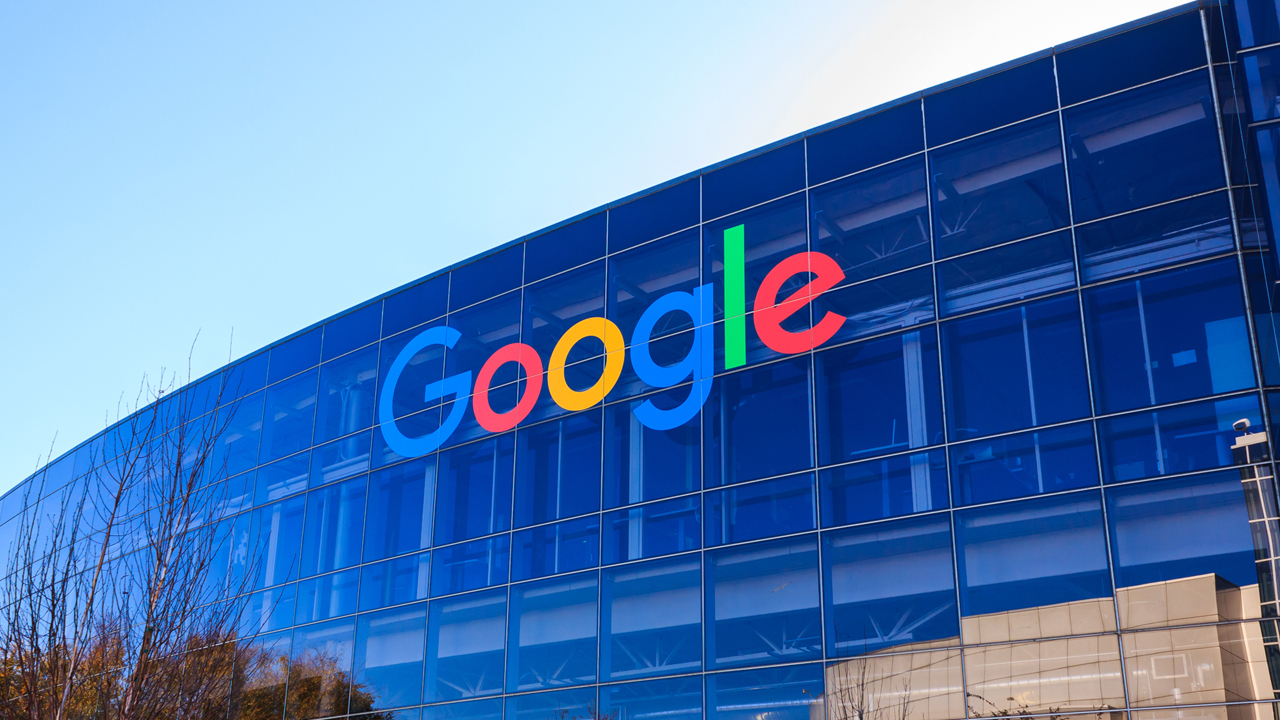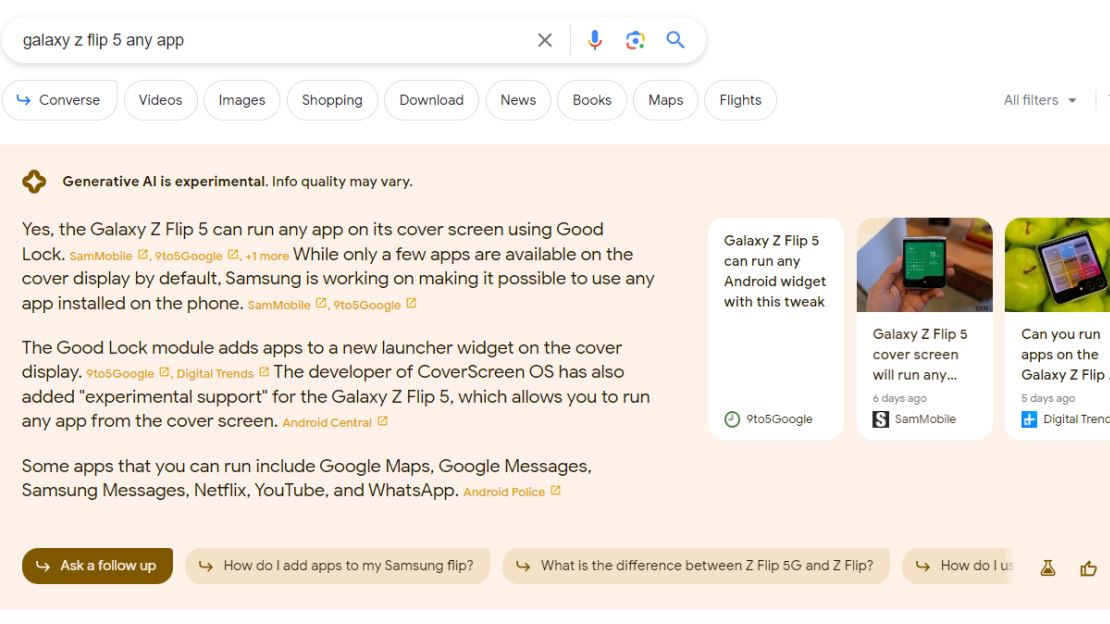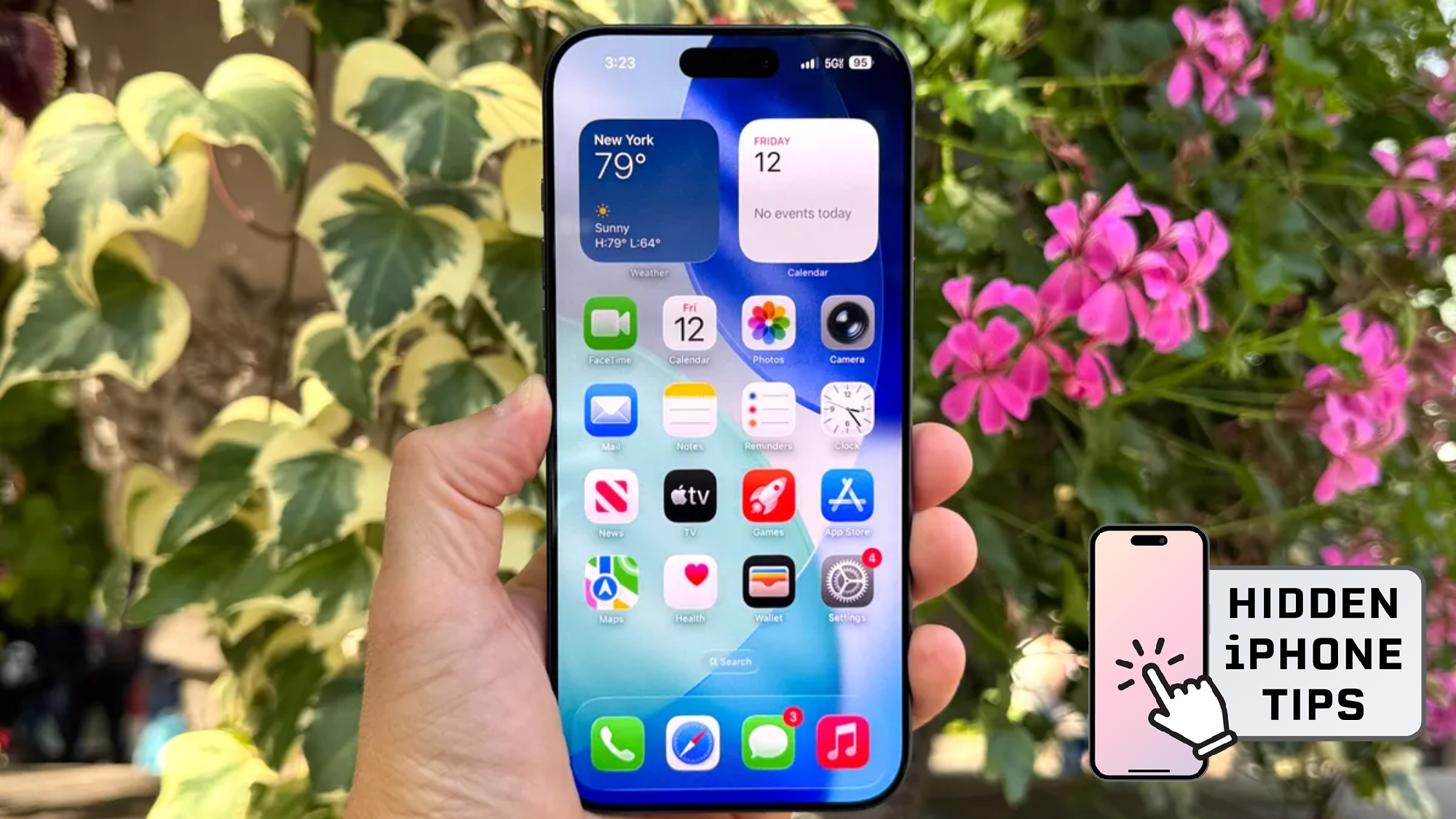Google’s AI-powered search results may soon show citations
The Google Search Generation Experience may start showing references

Google’s experiment with adding artificial intelligence to its search results seems to have been given a critical refinement. Earlier this year, the company introduced the Search Generative Experience (SGE) which used AI to produce a summary appearing alongside search query results. The promise was simple: an easy-to-digest chunk of information right at the top of the results page.
Unfortunately, as many publishers were quick to point out, there was a big flaw in the system. Google’s SGE result presents readers with a wall of text and no information or citations explaining where the conclusions are drawn from. Therefore, it’s simply a case of taking Google’s statement at face value. Our sister site, Tom’s Hardware, called it a “Plagiarism Engine”.
Now, though, that may be about to change. Some SGE page results have started showing references in the form of in-line links for the information presented. According to 9To5Google, these prominent source links namecheck the website the data was drawn from, albeit only for a very select group of users. It bears pointing out here SGE is only available to the public in a limited beta — and we here at Tom’s Guide haven’t yet tested it conclusively.
However, it’s a fair bet (given how much Google praised its integration of AI at I/O this year) we’ll see SGE become publicly available at some point in the future.
A test search within SGE made by the 9to5Google team resulted in a draft text interspersed with multiple links to sources — as well as cards on the right-hand side previewing those same articles. But as 9to5Google noted, these citations don’t appear for all queries, nor do they appear to have been carried over to Google’s web-scraping chatbot, Bard.

Bard also happens to be the subject of a class-action lawsuit accusing Google of “secretly stealing” vast amounts of IP-protected data from the web to train the AI. The same accusation is being leveled at OpenAI for ChatGPT. In recent weeks, Google has updated its privacy policy to clarify the company uses publicly available information to train its AI which could be read as basically anything posted on the internet at large.
“Our privacy policy has long been transparent that Google uses publicly available information from the open web to train language models for services like Google Translate. This latest update simply clarifies that newer services like Bard are also included," a Google spokesperson told Tom's Guide. "We incorporate privacy principles and safeguards into the development of our AI technologies, in line with our AI Principles.”
Get instant access to breaking news, the hottest reviews, great deals and helpful tips.
These so-called AI Principles were also announced at I/O earlier this year and include seven points the search company is abiding by as it develops its artificial intelligence products. Number six, in particular, is most relevant to showing credit and citations for work quoted as it promises to “Uphold high standards of scientific excellence”.
And, as anyone who’s ever read through an academic journal will know, putting proper references in place is a core part of the scientific process.
More from Tom's Guide
- Google Search is getting a huge generative AI upgrade
- One of the best Google Pixel features could be coming to all Android phones
- Google Maps new upgrade is a massive time-saver

Jeff is UK Editor-in-Chief for Tom’s Guide looking after the day-to-day output of the site’s British contingent.
A tech journalist for over a decade, he’s travelled the world testing any gadget he can get his hands on. Jeff has a keen interest in fitness and wearables as well as the latest tablets and laptops.
A lapsed gamer, he fondly remembers the days when technical problems were solved by taking out the cartridge and blowing out the dust.
 Club Benefits
Club Benefits





